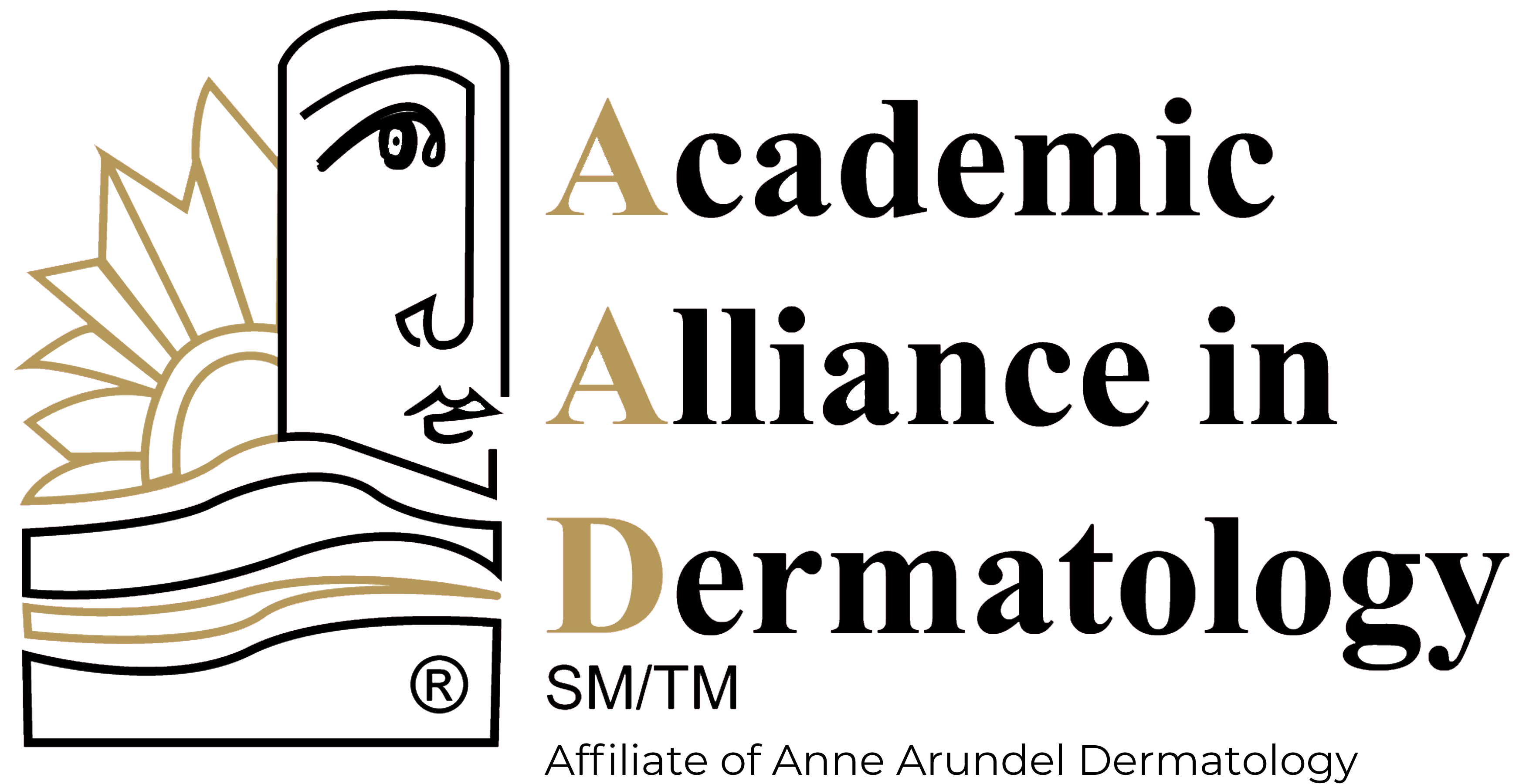Hives
Hives are red, itchy welts that can appear on the skin in response to an environmental or internal trigger. They can be caused by an allergic reaction to food or medication, a virus, stress, or even heat. Although the cause of hives is not always known, they are usually harmless and go away without treatment.
Signs and Symptoms of Hives
Hives often look like clusters of raised, pale red bumps. They can appear anywhere on the body and range in size from a few millimeters to several centimeters. Hives are usually itchy but can also burn or sting. In some cases, hives can also feel warm to the touch.
Causes and Triggers of Hives
The immune system releases histamine when it senses a threat in the body. These chemicals work to protect the body from illness. However, sometimes the immune system releases histamine when there is no real threat, which is exactly what happens to people with allergies.
Hives are often the result of an allergic reaction to:
- Pollen
- Pet dander
- Latex
- Certain foods
- Bug bites
- Medication
- Plants
However, hives may also develop as a result of environmental and internal factors, including:
- Stress
- Extreme heat or cold
- Stress
- Sunlight
- Tight clothing
Treatments for Hives
Most cases of hives are mild and go away on their own without treatment. In some cases, your doctor may recommend a non-drowsy antihistamine to help with the itching and discomfort. If your hives are caused by an allergy, they may prescribe a stronger medication to treat your allergy and provide symptom relief.
Your treatment plan may include one or more of the following:
Anti-itch Lotion
A soothing anti-itch lotion or cream works to decrease the itching associated with hives to provide temporary relief.
Oral Antihistamines
Non-drowsy or prescription antihistamines may prevent and reduce the severity of hives.
Corticosteroid
For severe hives, your dermatologist may prescribe a corticosteroid cream to help reduce inflammation, itching, and swelling.
Light Therapy
Phototherapy may be used to treat chronic hives that don’t respond to other treatments.
Find Relief from Chronic Hives
At Academic Alliance in Dermatology, we understand how uncomfortable hives can be and are here to help. Our experienced providers are well-equipped to identify the cause of your hives and offer treatments to help relieve your symptoms. We specialize in creating customized plans targeting your unique needs.
